While receiving my degree in Nutrition, I worked as an intern at MD Anderson hospital. I came across many patients utilizing acupuncture to help with the side effects of chemotherapy and radiation. After speaking with patients about the benefits they received, I realized that I wanted to pursue a career in Oriental medicine.
Acupuncture is certainly a form of medicine that has been recognized by the World Health Organization. In fact, the WHO recognizes acupuncture to be effective at treating many conditions such as: Addiction, Anxiety, Arthritis, Carpal Tunnel Syndrome, Colitis, Depression, Dental pain, Dizziness, Nausea, Pain, Reproductive Problems, Sinusitis, Trigeminal Neuralgia, and Menopause to name a few.
Several research studies have come out on what points, herbs, and how many treatments are needed to help patients undergoing chemotherapy and radiation. Over the past four years, I have been working with MD Anderson on a systematic review investigating articles using acupuncture for cancer patients. A small listing of articles published on this topic include:
Acupuncture treatment of vasomotor symptoms in men with prostatic carcinoma: A Pilot Study. Hammar M, Frisk J, Grimas O, et al. J Urol. 1999;161:853-856.
Acupuncture-point stimulation for chemotherapy-induced nausea or vomiting. Ezzo JM, Richardson MA, Vickers A., et al. Cochrane Database Syst Rev. 2006;(2).
Pain-relief and movement improvement by acupuncture after ablation and axillary lymphadenectomy in patients with mammary cancer. He JP, Friedrich M, Ertan AK, Muller K, Schmidt W. Clin Exp Obstet Gynecol. 1999;26:81-84.
Regression of Ductal Carcinoma In Situ After Treatment with Acupuncture. Dehen R.J Altern Complement Med. 2013 Mar 28.Cancer patients find relief with acupuncture for a wide range of illnesses and ailments, including hot flashes, xerostomia, neuropathy, fatigue, pain management, and control of nausea and vomiting.Laboratory and animal studies to explore the mechanisms of acupuncture for cancer treatment have focused mainly on the role of acupuncture in the activation of immune functions, such as blood cell count and enhancing lymphocyte and natural killer cell activity. The aim of most acupuncture clinical trials in cancer patients has been to evaluate the effects of acupuncture on symptom management. This is where the terminology of “complimentary medicine” plays a big role. There is a difference in “alternative” and “complimentary” medicines. Alternative medicine means that the patient is seeking another form of treatment for the sole purpose of helping them and not using any form of conventional medicine. Complimentary medicine is when another form of medicine may be applied in conjunction with traditional medicine. Cancer patients should utilize acupuncture as a complementary form of medicine. Pain ManagementPain is the most common symptom treated by acupuncture.Researchers found patients who received electroacupuncture after thoracotomy used significantly less pain medication than patients who received sham treatment.Use of anesthesia points and/or auricular points can be very helpful in treatment of cancer pain. Some of these ear needles can be retained even after the acupuncture session has ended to prolong the analgesic effects. Nausea & VomitingNausea and vomiting are among the top 3 most commonly reported adverse effects of cancer treatment. Some studies are showing patients who received electroacupuncture plus antiemetics experienced significantly less nausea than patients who received antiemetics alone. Xerostomia (dryness of the mouth)An interesting study conducted by Deng et al, used functional MRI to evaluate changes in saliva production associated with acupuncture at point LI-2 (located on the hand). Manual stimulation of LI-2 was associated with neuronal activations that were absent during sham acupuncture. Neuroimaging signal changes appeared to correlate with saliva production. Vasomotor SymptomsAcupuncture has shown to suppress hot flashes and night sweats during cancer treatments.Studies have suggested that acupuncture before, during, and after cancer treatments can help with keeping hot flashes tamed up to 6 months post acupuncture treatments. Other studied symptom management with acupuncture include Fatigue, Stress/Anxiety, Depression, Constipation, Quality of sleep and Postoperative Ileus. References:Randomized, Controlled Trial of Acupuncture for the Treatment of Hot Flashes in Breast Cancer Patients, Deng G, Vickers A, et al. J. Clin Oncol 2007; 25(35):5584-90.
Systematic Review of Acupuncture in Cancer Care: A Synthesis of the Evidence. M. Kay Garcia, Jennifer McQuade, Robin Haddad, Sonya Patel, Richard Lee, Peiying Yang, J. Lynn Palmer, & Lorenzo Cohen.J. Clinical Oncology. 2013
Acupuncture treatment of vasomotor symptoms in men with prostatic carcinoma: A Pilot Study. Hammar M, Frisk J, Grimas O, et al. J Urol. 1999;161:853-856.
Acupuncture-point stimulation for chemotherapy-induced nausea or vomiting. Ezzo JM, Richardson MA, Vickers A., et al. Cochrane Database Syst Rev. 2006;(2).
Pain-relief and movement improvement by acupuncture after ablation and axillary lymphadenectomy in patients with mammary cancer. He JP, Friedrich M, Ertan AK, Muller K, Schmidt W. Clin Exp Obstet Gynecol. 1999;26:81-84.
Regression of Ductal Carcinoma In Situ After Treatment with Acupuncture. Dehen R.J Altern Complement Med. 2013 Mar 28.
Functional magnetic resonance imaging (fMRI) changes and saliva production associated with acupuncture at LI-2 acupuncture point: a randomized controlled study.Deng G, Hou BL, et al. BMC Complement Altern Med, 2008; 8: 37.
Our practice serves Sugar Land, Houston, Katy, Missouri and surrounding areas in Texas.
Please call us today to schedule an appointment. Call 281-491-0110
